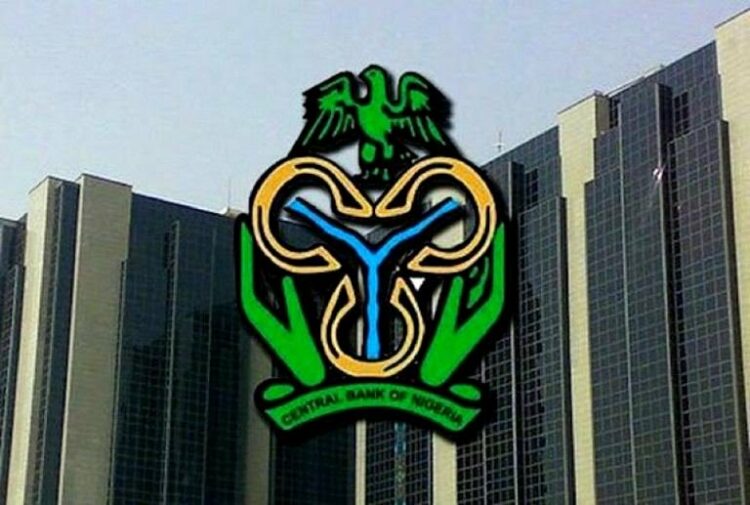The Central Bank of Nigeria (CBN) has attributed the country’s rising inflation rate to stimulus packages provided to citizens in the aftermath of the Covid-19 outbreak, which increased spending but created global supply challenges.
CBN’s director, Monetary Policy Department, Hassan Mahmoud, said this on Wednesday at a post-MPC briefing tagged: “Unveiling Facts behind the Figures’’.
The Monetary Policy Committee had on Tuesday, unanimously voted to increase interest rate to 15.5 per cent.
“A lot of households and small businesses were injected with stimuluses; the U.S did two trillion dollars, Nigeria did about five trillion Naira, these increased the ability of people to spend.
“But the supply side could not meet up with the demand because that volume of injection was far more than the regular intake for those economies, this made prices go up,’’ he said.
Mahmoud also blamed the Russian-Ukraine war, as well as the resurgence of COVID-19 in China for the rise in global inflationary trend.
“That region accounts for more than 50 per cent of global commodity supply and 38 per cent of global oil and gas supply. The war resulted in some shortages which made prices go up.
“Then the COVID-19 lockdown in China. The country is the largest importer of commodities across the globe,’’ he added.
Explaining why the interest rate was increased, the director said the MPC got to a point where stringent measures had to be taken to control inflation.
He said that the committee took cognisance of global as well as local economic issues in arriving at its policy decisions.
“We raised the MPR because it is necessary to do so. The quantity of money in the system was too much for the economy to absorb,’’ he said.
He said that monetary policy tools were meant to deal with short term risks, adding that the idea was to make the cost of funds expensive to drive down inflation.







